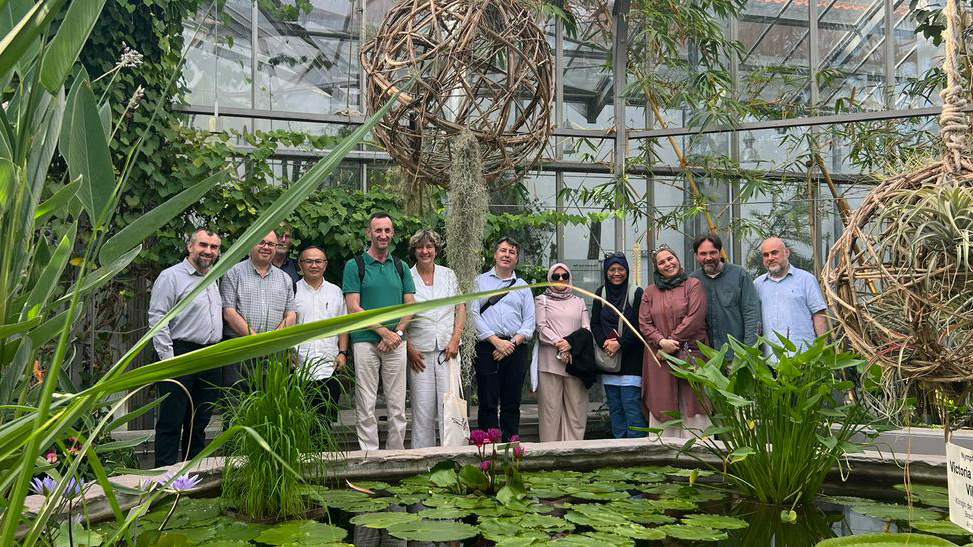
How can religious education address environmental ethics effectively across different cultural and national contexts?
Work Package two lays the foundation for a collaborative, interdisciplinary approach by analyzing religious education and teacher training frameworks.
Building Trust and Strengthening Cooperation
Successful collaboration begins with mutual understanding. This work package focuses on fostering motivation, establishing appreciative communication structures, and clarifying differences in perspectives to create a strong foundation for developing joint didactic strategies.
Analyzing National Contexts and Identifying Needs
Unique national and cultural conditions shape religious education. This work package examines:
- The sociological and religious contexts of religious education in different countries
- Ecological factors influencing environmental ethics education within religious instruction
- The role of university curricula and didactic frameworks in shaping teachers’ perspectives on sustainability
Developing a Joint Didactic Strategy
To implement interreligious and environmental ethics education across diverse educational systems, this work package:
- Reviews subject areas and identifies essential teaching topics for religious education
- Conducts research on national frameworks for interreligious education with environmental references
- Develops a comprehensive didactic strategy adaptable to different teaching modules and contexts
Networking and Collaboration
Education extends beyond the classroom. This work package seeks to:
- Build partnerships with religious communities, interreligious networks, and NGOs in environmental education
- Organize interdisciplinary university events to raise awareness and foster collaboration
- Engage with environmental science expertise
Evaluation and Knowledge Dissemination
A strong research-based approach ensures impact and sustainability. This work package includes:
- Critically reviewing and revising existing didactic concepts to integrate interreligious and environmental ethics education effectively
- Conducting participant surveys and interviews to assess needs and perspectives
- Preparing scientific and didactic presentations for internal and external dissemination
- Establishing public relations instruments for thematic outreach and networking